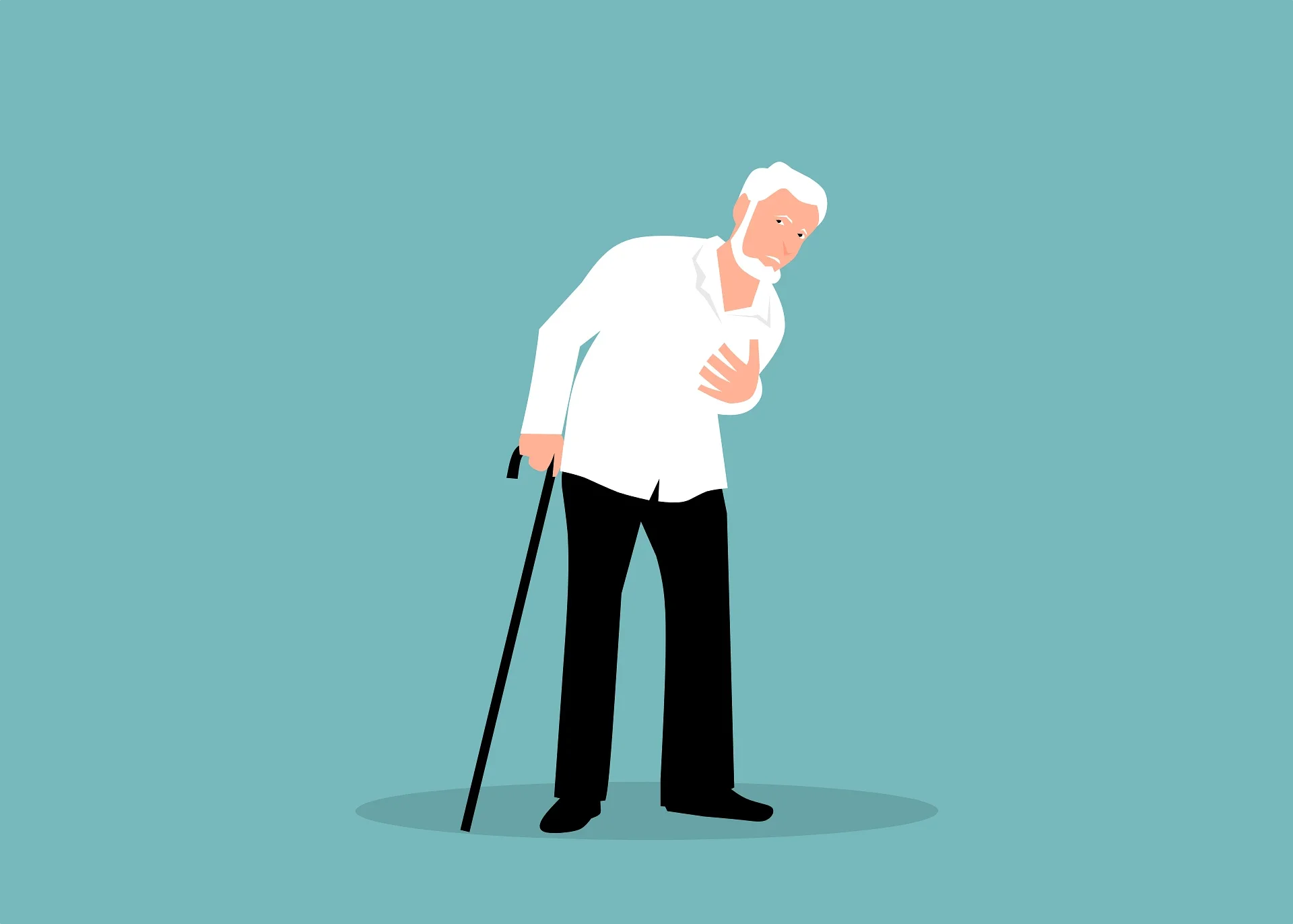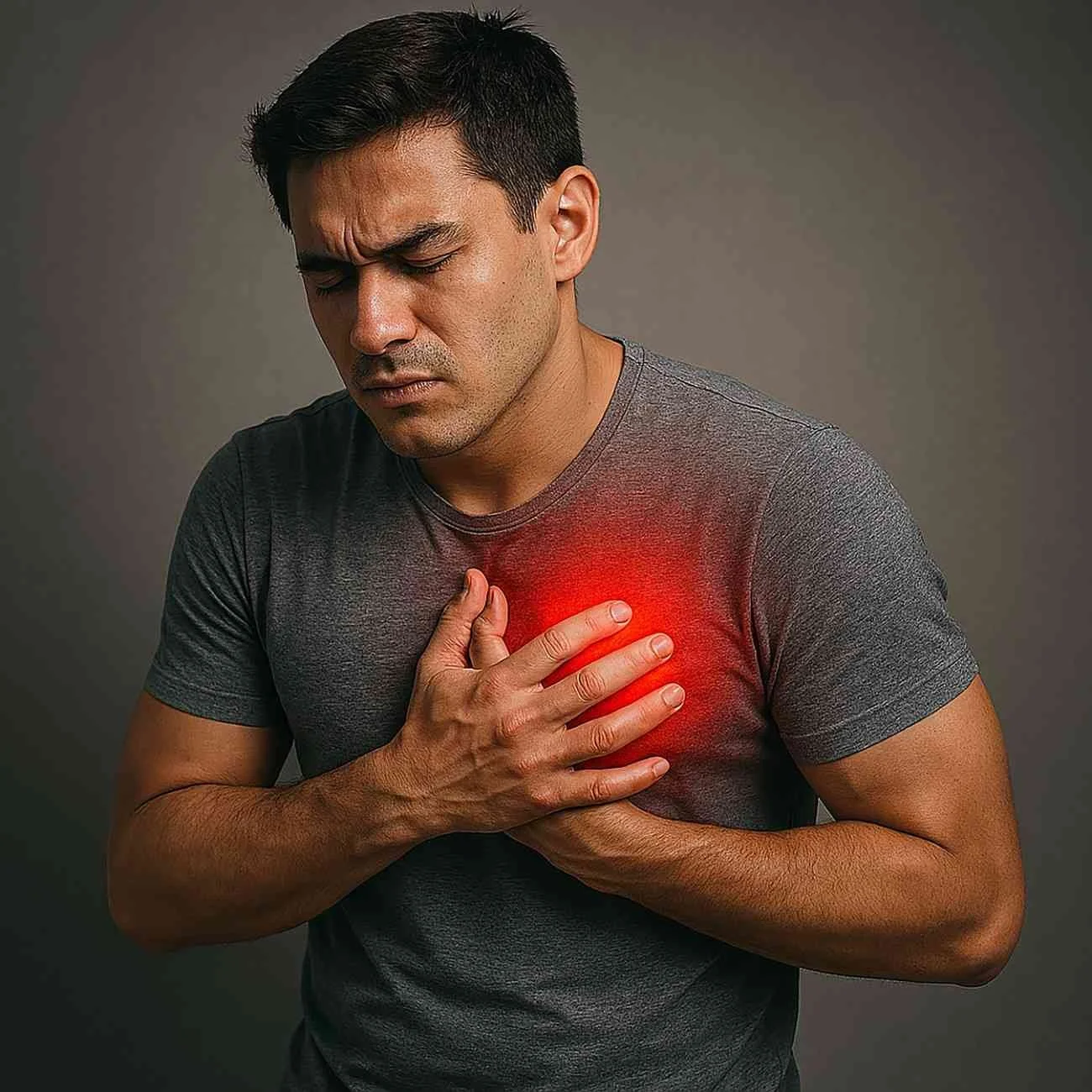Types of Heart Diseases: Symptoms, Causes, and Treatment
Heart diseases continue to be among the world's foremost health issues. They not only involve the heart but also the blood vessels, influencing the body as a whole. Understanding the types of heart diseases, their warning signs, and treating options can save lives and even prevent fatal complications.
Types of Heart Diseases
Various conditions of the heart are classified under cardiovascular diseases. Some of the most frequent include:
1. Coronary Artery Disease (CAD)
This happens when the arteries that provide the heart with oxygen are blocked or narrowed by plaque, usually resulting in chest pain or heart attacks.
2. Heart Failure
Otherwise referred to as congestive heart failure, this is when the heart fails to pump blood well. Signs and symptoms include fatigue, leg swelling, and shortness of breath.
3. Arrhythmia
Arrhythmia is an irregular heartbeat – too fast, too slow, or irregular. If left untreated, it can cause fainting, stroke, or even cardiac arrest.
4. Heart Valve Disease
When heart valves fail to open and close normally, the flow of blood is impaired. This causes dizziness, chest pain, and swelling.
5. Congenital Heart Disease
They are physical defects of the heart at birth. Some are mild, while others must be operated on or monitored for life.
Symptoms of Heart Diseases
Identifying the symptoms of heart diseases is important for early treatment. Some common signs are:
Chest pain or pressure (angina)
Shortness of breath
Fatigue or weakness
Swelling in feet, legs, or abdomen
Irregular heartbeat or palpitations
Dizziness or fainting spells
At times, the symptoms are mild and can be easily overlooked but can signal serious underlying conditions.
Causes of Heart Diseases
There are several reasons that can contribute to the causes of heart diseases, such as:
Unhealthy lifestyle: Inadequate diet, physical inactivity, smoking, and alcohol consumption
Medical conditions: Hypertension, diabetes, hyperlipidemia, and obesity
Genetics: History of cardiovascular diseases in family
Stress: Repeated stress puts additional workload on the heart
Age: Risk increases with age
Treating these causes early with lifestyle modification and medical treatment can decrease the risk of heart conditions.
What to Do Immediately After Heart Attack
Heart attack needs immediate attention. If a person is experiencing warning signs, following is what to do immediately after heart attack:
Call the emergency number without delay.
Try to keep the person calm and sitting.
If accessible, administer aspirin (if not allergic).
Initiate CPR if the person is unconscious and not breathing.
Prompt response can be life-saving.
Treatment of Heart Diseases
Treatment of heart diseases varies as per condition and severity:
Lifestyle changes: Nutritious diet, physical activity, smoking cessation, and stress management
Medications: To control cholesterol, blood pressure, and arrhythmias
Surgery: Angioplasty, bypass, pacemaker implant, or valve replacement/repair
Cardiac rehabilitation: Programs to get back on one's feet and improve heart function following a significant cardiac event
Why Timely Medical Care Matters
Heart diseases may advance quietly before presenting with serious symptoms. Timely check-ups, early detection, and appropriate medical attention can avoid complications such as stroke, heart attack, or sudden cardiac death.
JIET Hospital Jodhpur – Careful Heart Care You Can Trust
Advanced cardiac care is achieved by JIET Hospital Jodhpur as one of the best hospital in Jodhpur. Equipped with professional cardiologists, advanced and modern diagnostic equipment, and 24/7 emergency services, JIET hospital in Jodhpur offers end-to-end care for heart diseases – prevention, diagnosis, treatment, and recovery. Selecting an ideal hospital allows you or your loved ones to receive on-time and efficient care for a healthier life.




